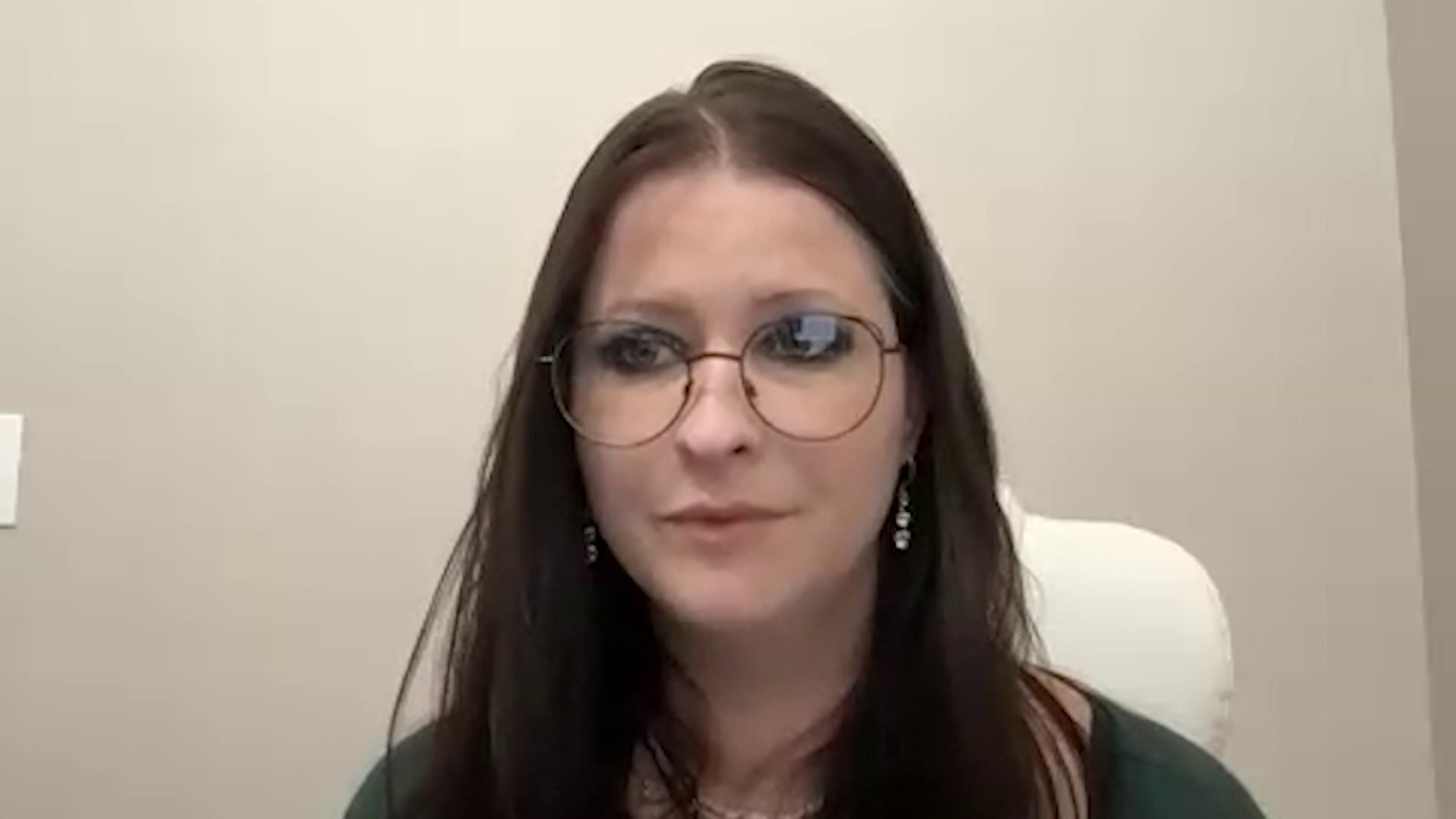TEXAS, USA — When leaders of the Republican Party of Texas recently decided not to ban members from associating with Nazi sympathizers and Holocaust deniers, it sent reverberations throughout the party.
That ban was to be included in a resolution supporting Israel, but members of the State Republican Executive Committee voted to remove it.
“It shouldn’t escape notice that that resolution became something that’s more passive, simply stating, you know, we like Israel, we support Israel, you know, we like the Jewish people, but we’re not actually going to walk the walk that goes with that statement,” Morgan Cisneros Graham told us on Inside Texas Politics.
Graham is a member of the Executive Committee, representing Senate District 27, which runs along the Gulf Coast from the border with Mexico to the Coastal Bend.
She supports the ban and says there is irony in the fact her party stated it was against antisemitism, but then could not define what it actually is, undermining the party’s position.
“On a more practical level, the message that it sends internally is that we are not willing to hold accountable those who are wanting to influence our institution and influence our legislation and influence our primary process,” she said.
Graham is referring directly to a recent controversy that’s engulfed the party and the conservative Defend Texas Liberty PAC.
Then President of Defend Texas Liberty Jonathan Stickland met for several hours with white supremacist Nick Fuentes. Stickland also owns Pale Horse Strategies, a consulting firm for far right candidates. At the same time, Defend Texas Liberty funds far right elected officials, candidates and causes.
The chairman of the Republican Party of Texas, Matt Rinaldi, was also seen inside the building while the Fuentes meeting was taking place, but Rinaldi has denied participating with Fuentes, who’s also called for a “holy war” against Jews.
Graham tells us some of her colleagues who voted 32-29 to remove the ban now don’t want to discuss it, and won’t acknowledge the criticism that’s followed.
Graham even says they’ve become critical of members like her, who are trying to distance themselves from their actions and the vote.
But she says there is a chance the “huge blunder,” as she calls it, could be resolved.
“It’s highly possible that greater minds will prevail and those who voted to strip it may go back and want to revisit it,” said Graham.
If not, Graham worries it could eventually come back to haunt Republican candidates running in Texas.
“I do not think that this is in any way good for any of our candidates running in 2024, particularly if this is weaponized,” she said.
More from Inside Texas Politics:

